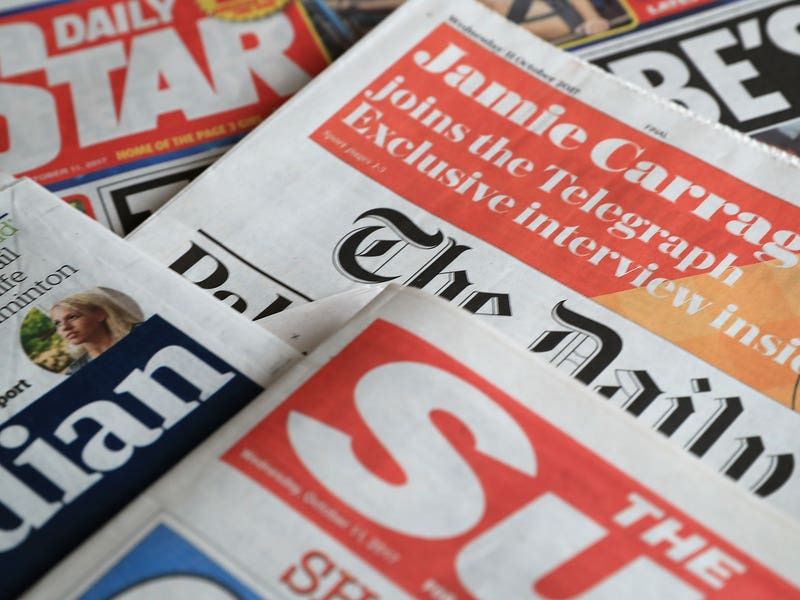
The terrifying, yet true-life tale of the recent boat mishap which took place at Gbajibo in Mokwa Local Government Area (LGA) of Niger State on Tuesday, October 1, 2024 was one too many of the avoidable mishaps across different riverine parts of the country. That harrowing incident, with 96 bodies recovered and 53 of them buried as at Saturday, October 5, 2024, calls for serious concern and the strict enforcement of the laws on boat safety. According to media reports, the wooden boat carrying about 300 passengers from Kiama LGA of Kwara State capsized at Gbajibo in Mokwa LGA of Niger State after the boat split into two at the middle partly due to being overloaded.
The passengers were on their way for a naming ceremony in Niger state. Subsequently, after the tragedy was discovered the recovery of the corpses was carried out by some local divers, officials of the Niger State Emergency Management Agency (NSEMA) and the National Emergency Management Agency (NEMA). They recovered 16 bodies, made up of two females and 14 males, on Wednesday, the day after the mishap.
Twenty more bodies were recovered on Thursday, October3. That is according to the Director General of NSEMA, Abdullahi Baba-Arah. Reflecting on the tear-jerking event one Mahmud Gbajibo, an indigene revealed that: “My father is the founder of the Mudi Gbajibo community in Kwara State.
I lost seven members of my family, including two married nieces, three of my nephews and two younger brothers out of the 11 who came for a naming ceremony.” Another indigene, Haron Yohana stated that he lost five family members, including his father, a younger brother and three nieces! The horrifying incident has left many relatives of the victims devastated. But it could have been avoided, if the necessary steps on boat safety were taken.
As revealed by Mahmud, many of the victims would have had their lives saved if they had taken the alternative route of road by riding motorcycles. And if those who travelled using the boat had worn life jackets, as well as travelled by stronger and safer vessels. Indeed, as President Bola Tinubu highlighted while commiserating with families of the victims the lives lost would have been saved if only the boat operators had not violated the ban placed on night sailing.
He has therefore directed the National Inland Waterways Authority (NIWA) to investigate the boat mishap in Niger State, as well as others across the country by devising modalities to check the ugly trend. Furthermore, he has directed NIWA to expand the scope of its surveillance of inland waterways. The agency is to prosecute boat operators who have blatantly refused to adhere strictly to the use of life jackets and the ban placed on boat sailing at night.
We are of a similar view, as doing so would save more precious lives. For instance, according to data obtained from ‘Nigeria Watch’ some 1,607 lives were lost in 180 boat accidents between June 2006 and May 2015. In fact, 296 lives were lost to boat mishaps in 2013 alone.
According to researchers Ukoji Nwankwo and Vitalis Ukoji, boat mishaps have become endemic on Nigeria’s waterways. The reasons are traced to the increase in the patronage of water transportation, leading to the mounting pressure on boat operators. Generally, deaths from water transportation are both human related and from natural causes.
Factors such as overloading, careless piloting, political instability, militancy, piracy, negligence of safety measures and turbulent weather conditions have led to fatalities. These have over the decades affected not only civilians but the Nigerian Navy, the Army, boat operators and barge captains. But urgent and sustainable solutions should be applied to ensure safety of the waterways and save more lives from boat tragedies.
Our source of concern is hinged on the increasing use of waterways for transportation, so as to reduce the pressure on the roads. Although it contributes a meagre 1.6% to the Gross Domestic Product (GDP), Nigeria with 8,600 km of inland waterways and a coastline of 852 km boasts of the second largest waterways on the Africa continent.
In fact, 22 out of the 36 states in Nigeria use water for transportation of people and goods. That is according to NIWA. Water transportation therefore, occupies a strategic place in our economy and should not be underrated or underplayed.
On the best way forward, we urge the Federal Government to keep embarking on policy reformation and restructuring of NIWA, based on credible data analysis and the deployment of modern information technology. Sustained public enlightenment has become a necessity for the travellers and boat operators to understand the related laws and the roles they have to play for their own safety. All this should be carried out with the bold aim of ensuring the safety of the waterways, while bringing violators of the laid down laws to speedy justice.
.










